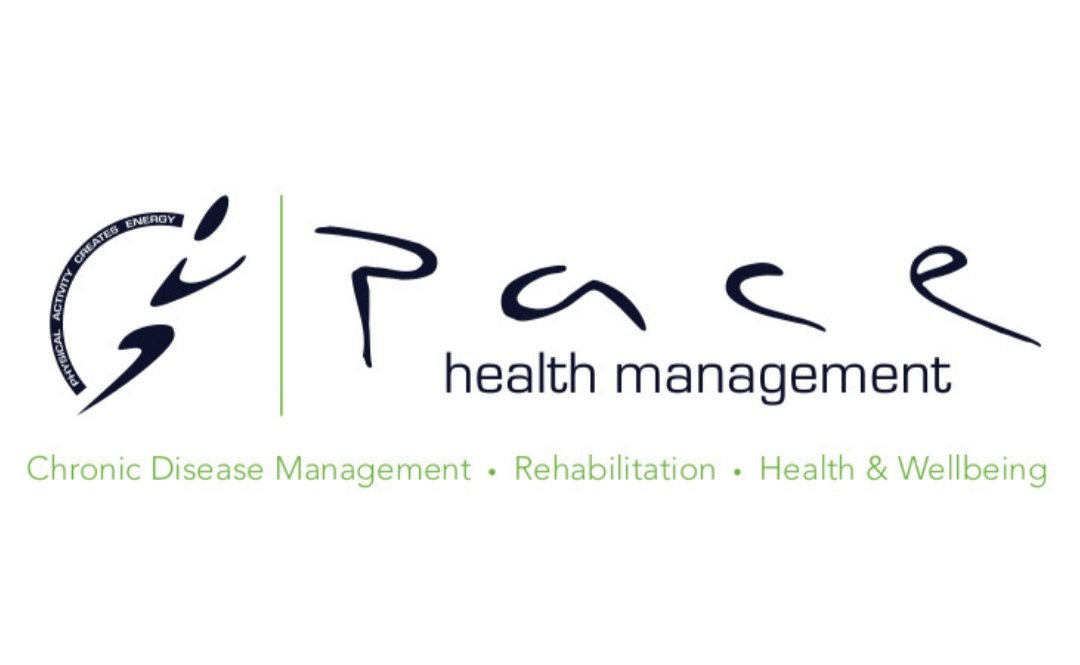How a Dietitian can support those with Irritable Bowel Syndrome (IBS)
Irritable bowel syndrome (IBS) is a common gastrointestinal disorder that affects millions of people worldwide. The condition is characterized by a group of symptoms that include abdominal pain, bloating, constipation, and diarrhea.
IBS is a common condition that affects approximately 10-15% of the population in Australia. Women are more likely to be affected than men, and the condition is most common in people between the ages of 15 and 45.
The exact cause of IBS is unknown, but it is believed to be associated with food sensitivities, stress, hormonal changes, and abnormalities in the gut microbiome. If you suspect you have IBS, it's essential to speak with your healthcare provider to rule out other potential causes and get an accurate diagnosis.
If you have IBS, one of the best ways to manage your symptoms is through diet modification. While there is no single diet that works for everyone with IBS, working with our dietitians can help you identify trigger foods and develop an eating plan that meets your nutritional needs while minimising symptoms.
What is a Dietitian?
A dietitian is a healthcare professional who specialises in food and nutrition. They have a deep understanding of the science behind food and its effects on the body. A dietitian can help you develop a personalized eating plan that considers your food preferences, nutritional requirements, and medical conditions.
How Can a Dietitian Help with IBS?
A dietitian can help manage your IBS symptoms by developing an eating plan that takes into account your individual triggers. Some common triggers for IBS include certain types of carbohydrates, fatty foods, caffeine, alcohol, and artificial sweeteners. A dietitian can help you identify trigger foods and develop a plan that eliminates or reduces them while still providing the nutrients you need.
Additionally, a dietitian can help you make lifestyle changes that can improve your IBS symptoms, such as increasing your fiber intake, staying hydrated, and eating smaller, more frequent meals. They can also teach you how to read food labels and make informed choices when eating out.
When Should You See a Dietitian?
If you suspect you have IBS, it's important to talk to your healthcare provider first to rule out other potential causes. Once you've been diagnosed with IBS, a dietitian can be an invaluable resource in helping you manage your symptoms.
If you're experiencing symptoms such as abdominal pain, bloating, diarrhea, or constipation, it's time to consider speaking with our team. Additionally, if you've already made changes to your diet and lifestyle but are still experiencing symptoms, a dietitian can help you identify areas for improvement and develop a more effective plan.
You can talk to our team and book in an initial consultation by clicking here.
